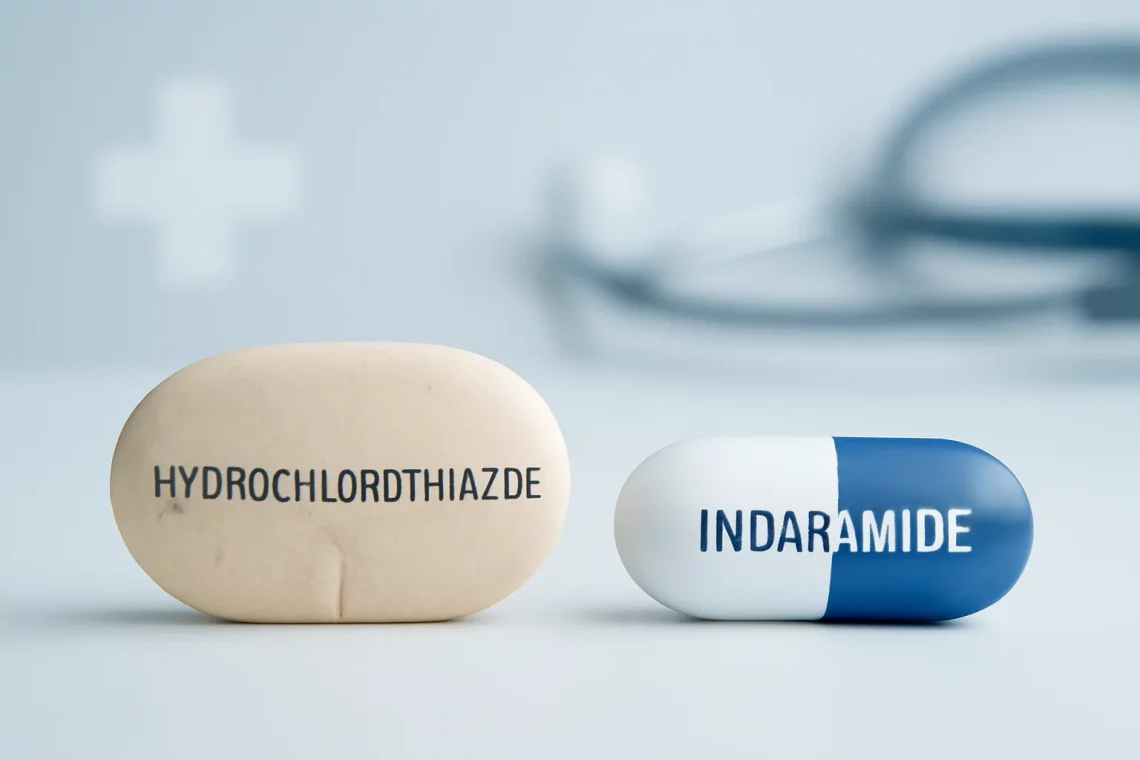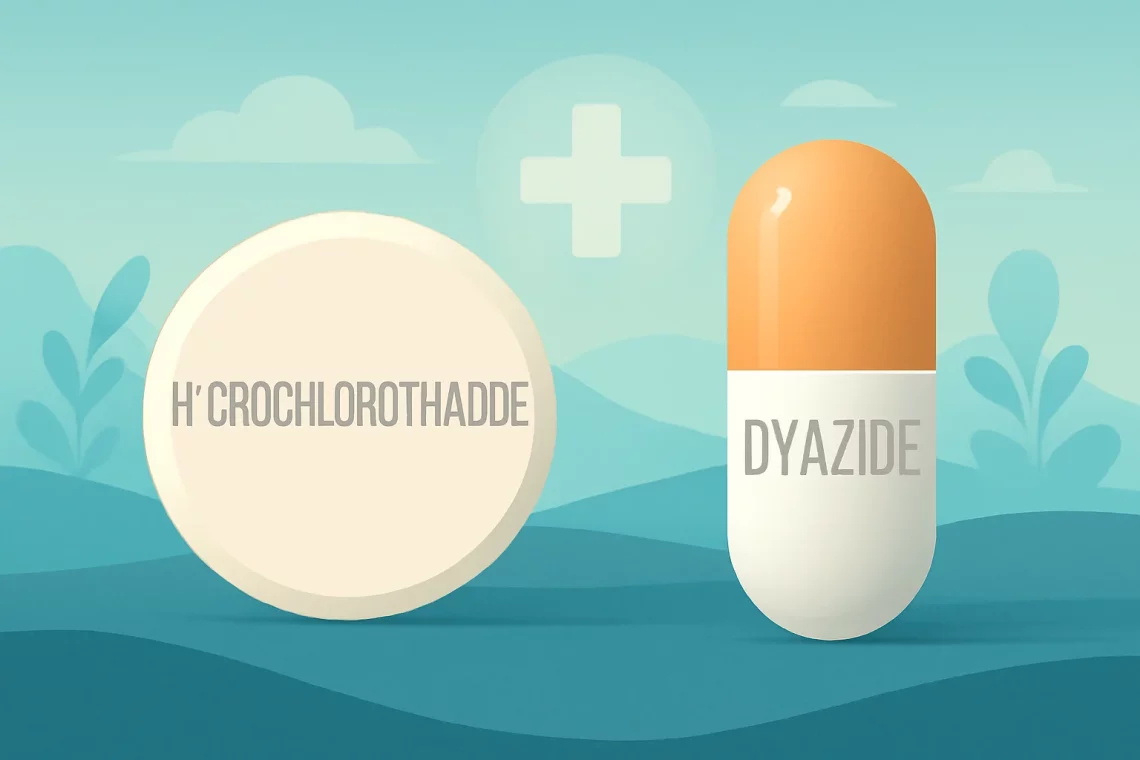-
Spironolactone vs Eplerenone: Which Diuretic is Right for You?
Spironolactone and eplerenone are two medications that play a significant role in the field of cardiology and endocrinology. Both belong to a class of drugs known as aldosterone antagonists, which are primarily used to treat conditions associated with fluid retention and high blood pressure. While they share similarities in their mechanisms of action and therapeutic applications, they also exhibit distinct differences that can influence treatment decisions. Understanding the nuances between spironolactone and eplerenone is crucial for healthcare providers and patients alike. These differences can affect efficacy, side effects, and overall patient experience. As both medications work by blocking the effects of aldosterone, they help in managing conditions such as congestive…
-
Spironolactone vs Eplerenone: Which is Right for You?
Spironolactone and eplerenone are two medications that play significant roles in the management of various medical conditions, particularly those related to cardiovascular health and fluid retention. They belong to a class of drugs known as aldosterone antagonists, which are primarily used to treat conditions such as hypertension, heart failure, and certain hormonal disorders. Both of these medications work by inhibiting the effects of aldosterone, a hormone that regulates sodium and water balance in the body, leading to increased excretion of sodium and water while retaining potassium. Understanding the differences and similarities between spironolactone and eplerenone can be crucial for patients and healthcare providers alike. While they share a common mechanism…
-
Furosemide vs Bumetanide: Which Diuretic is Right for You?
Furosemide and bumetanide are two medications belonging to the class of diuretics, commonly referred to as “water pills.” These drugs play a pivotal role in managing fluid retention and hypertension, conditions that can lead to more severe health issues if left unattended. While both are effective in their respective uses, they have distinct characteristics that can influence a healthcare provider’s choice based on individual patient needs. Diuretics work by promoting the excretion of sodium and water from the body, thereby reducing blood volume and, consequently, blood pressure. This mechanism is particularly beneficial for patients suffering from conditions such as congestive heart failure, liver cirrhosis, and kidney disorders. Despite their similarities,…
-
Hydrochlorothiazide vs Chlorthalidone: Choosing the Right Diuretic
High blood pressure and fluid retention are common health challenges faced by many individuals. Among the various treatment options available, thiazide diuretics, such as hydrochlorothiazide and chlorthalidone, have gained popularity due to their effectiveness in managing these conditions. Both medications work by promoting the excretion of sodium and water through the kidneys, helping to lower blood pressure and reduce swelling. However, despite their similar uses, these two drugs have distinct properties that can influence their effectiveness, side effects, and suitability for different patients. The choice between hydrochlorothiazide and chlorthalidone often depends on various factors, including the patient’s overall health, the presence of other medical conditions, and individual responses to treatment.…
-
Hydrochlorothiazide vs Indapamide: Key Differences Explained
High blood pressure, also known as hypertension, is a prevalent health condition affecting millions of individuals worldwide. Often dubbed the “silent killer,” hypertension can lead to serious health complications if not managed properly. As such, effective management of blood pressure is crucial for maintaining overall health and preventing associated risks such as heart disease, stroke, and kidney problems. Among the various treatment options available, both hydrochlorothiazide and indapamide stand out as commonly prescribed diuretics. These medications play a significant role in helping patients regulate their blood pressure levels while also contributing to fluid balance in the body. Understanding the differences and similarities between hydrochlorothiazide and indapamide can be vital for…
-
Hydrochlorothiazide vs Dyazide: Key Differences and Uses Explained
Hydrochlorothiazide and Dyazide are two medications often discussed in the context of managing hypertension and fluid retention. Both of these drugs belong to the class of thiazide diuretics, which are commonly prescribed for lowering blood pressure and reducing excess fluid in the body. While they share some similarities, they also possess distinct characteristics that can influence a healthcare provider’s choice when determining the most appropriate treatment for a patient. Understanding the nuances between Hydrochlorothiazide and Dyazide can be beneficial for patients, caregivers, and healthcare professionals alike. The choice of medication can depend on various factors, including the patient’s overall health, specific medical conditions, and the presence of other medications. Furthermore,…






















